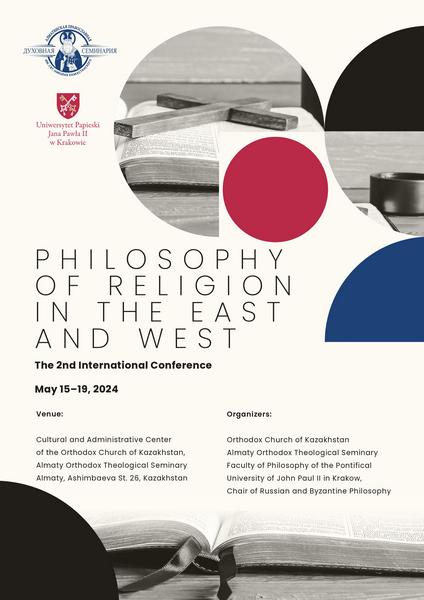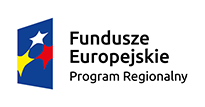The 2nd International Conference
 |
The modern post secular turn, proclaimed by Jürgen Habermas and, to some extent, several other researchers (including Franz Rosenzweig, Peter Berger, Charles Taylor, Jose Casanova, Giorgio Agamben, and others), not only actualizes the problem of the relationship between religious and secular, but also expands the understanding of the philosophy of religion. Secularization processes have not led to the death of religion, but rather to a renewed understanding of its value and role, and as a result, the importance of studying religious paradigms and thought. More and more researchers are showing interest in Christianity, Islam, and other religious traditions.
In our time, the multicultural world leads us to a new level of scientific discussion about interfaith and interreligious dialogue, promoting the search for new, adequate forms of this dialogue. This is why there is a pressing need for analyzing different traditions of understanding religion, i.e. in the philosophy of religion. The aim of our conference is to create a common intellectual space for dialogue between traditions of philosophy of religion in the West and East.
We believe that this will contribute to enriching the practice of philosophy and expanding contemporary debates in this discourse. We hope that this project will not only benefit new academic research in the field of religious studies, but also new socio cultural ties.
|
Conference issues
-
Secularization and Desecularization in the Past and Present: Philosophical and Theological Approaches.
-
Philosophy of Religion, Religious Philosophy, Philosophical Theology, and Theology: Correlations and Interconnections.
-
Philosophy of Religion, Religious Philosophy, Philosophical Theology, and Theology in Western Eurpe and the USA: History and Contemporary Issues.
-
Philosophy of Religion, Religious Philosophy, Philosophical Theology, and Theology in Central, Southern, and Eastern Europe: History and Contemporary Issues.
-
Philosophy of Religion, Religious Philosophy, Philosophical Theology, and Theology in the East Central Asia, the Middle and Far East: History and Contemporary Issues.
-
Philosophy of Religion, Religious Philosophy, Philosophical Theology, and Theology in Christian, Islamic, Buddhist, and other Religious Traditions: Experience of the East and West.
Dates
May 15–19, 2024
- 15 May is the arrival day for conference participants
- 16 May is the first day of the conference
- 16–17 May are the section working days of the conference
- 18 May is the closing day of the conference and excursion program
- 19 May is the departure day for conference participants
Venue
Cultural and Administrative Center of the Orthodox Church of Kazakhstan, Almaty Orthodox Theological Seminary
Almaty, Ashimbaeva St. 26, Kazakhstan
Working languages
Russian. English is additional. If you are unable to deliver your presentation in Russian, please submit the full text of your presentation in English by April 1, 2024. The text should not exceed 3000 words and should be sent to the email address of the organizing committee secretary by April 1, 2024. After that, the presentation will be translated and provided to other section participants in printed form on the day of the presentation.
Organizers
- Orthodox Church of Kazakhstan
- Almaty Orthodox Theological Seminary
- Faculty of Philosophy of the Pontifical University of John Paul II in Krakow, Department of Russian and Byzantine Philosophy
Academic board
- Prof. Sr Teresa Obolevitch (The Pontifical University of John Paul II in Krakow, Poland)
- Pbr. Evgeny Ivanov (Almaty Orthodox Theological Seminary, Kazakhstan)
Conference secretary
Application
Please complete this
Application Form before December 15, 2023.
By December 31, 2023 we will announce the final list of accepted applications.
Accommodation
Participants are asked to make their own hotel reservations.
Fee
No fee
Additional information
We are ready to provide information support to participants in search of accommodation during the conference.
Foreign participants are advised to clarify with their embassies and consulates the necessity and methods of obtaining a visa to enter the territory of the Republic of Kazakhstan.
The Republic of Kazakhstan is a member of the Collective Security Treaty Organization (CSTO) an intergovernmental organization that includes Armenia, Belarus, Kyrgyzstan, Russia, and Tajikistan. Citizens of these states can enter Kazakhstan using their internal passports or foreign passports without obtaining a visa. However, they still need to inform the migration service of the Republic of Kazakhstan about their entry within three days (if staying in a hotel or apartment, the owner of the accommodation must make the notification).



